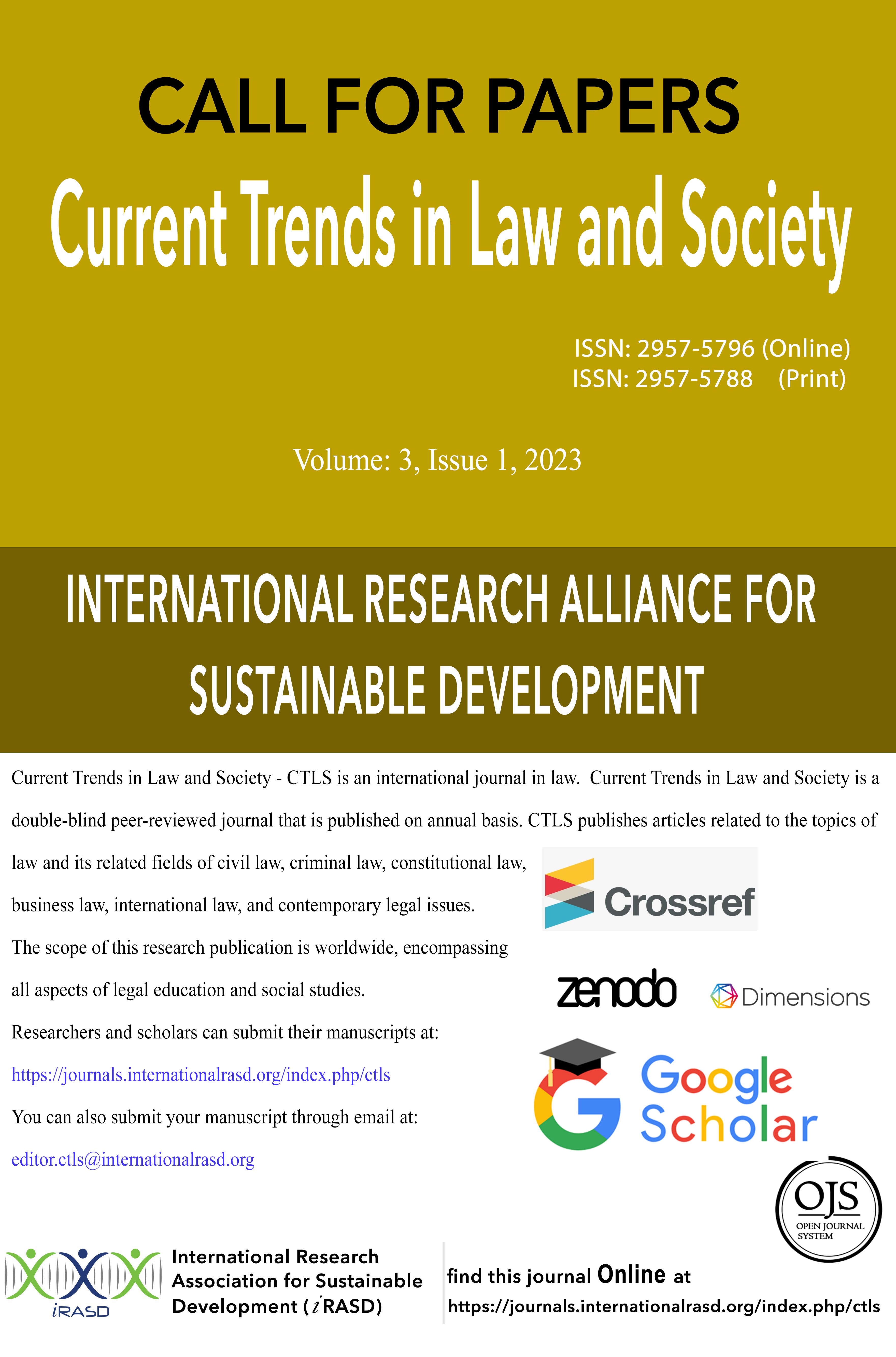Comparative Study of Section (302) of PPC With Sections (6,7) Of Anti-Terrorism Act 1997 With Relevant Shahzaib Murder Case
DOI:
https://doi.org/10.52131/clts.2022.0201.0006Keywords:
Punishment, Terrorism offences, Anti-Terrorism Act (ATA), Anti-Terrorism CourtAbstract
The punishment for murder and terrorism offences are addressed in Section 302 of the Pakistan Penal Code (PPC) and Sections 6 and 7 of the Anti-Terrorism Act (ATA) of 1997, respectively. The defendant in the Shahzeb Khan murder case was initially found guilty and given a death sentence under Section 302 of the PPC. The Anti-Terrorism Court later took over the case, and the defendant was once more found guilty and given a death sentence in accordance with Sections 6 and 7 of the ATA. For the crime of murder, Section 302 of the PPC stipulates that the penalty is either the death penalty or life in prison. Murder is described in the section as the deliberate killing of another person without a cause or valid defense. The prosecution must establish beyond a reasonable doubt that the defendant knowingly committed murder without recourse to legal justification or excuse. This research article has tried to analyze both of these statutes in context of Shahzab Murder Case.
Downloads
Published
How to Cite
Issue
Section
License
Copyright (c) 2023 Muhammad Ahmad Maqbool

This work is licensed under a Creative Commons Attribution-NonCommercial 4.0 International License.







